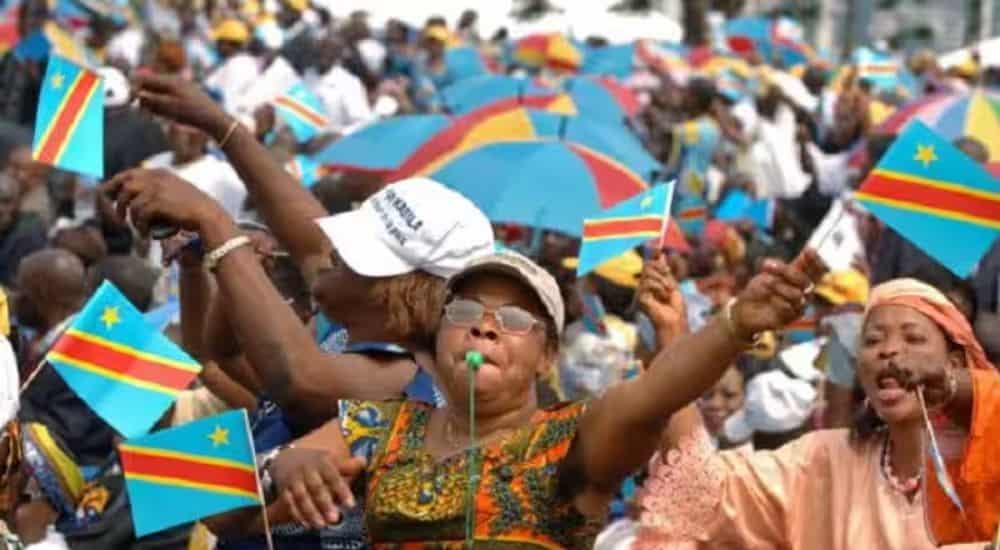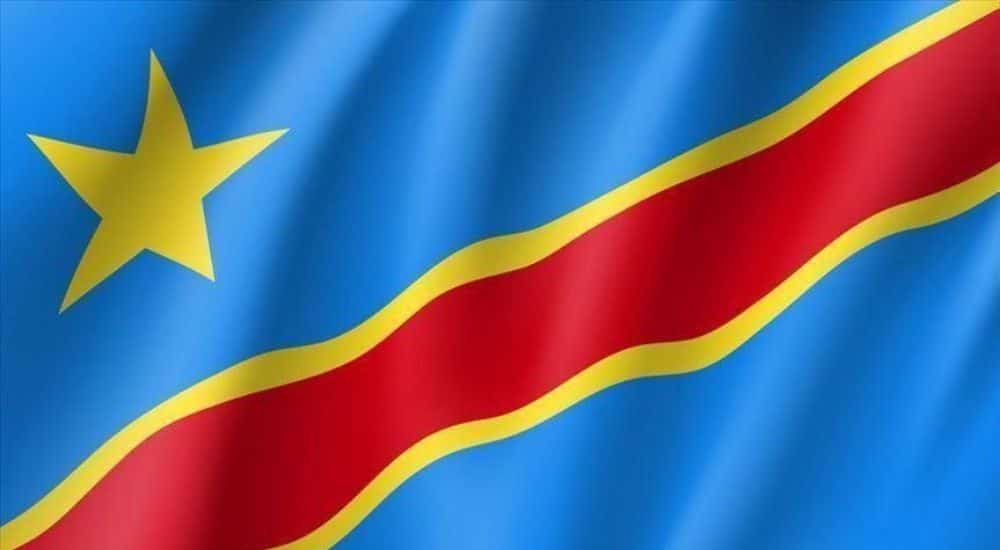Congo Independence Day, also known as Independence Day of the Democratic Republic of the Congo, is celebrated annually on June 30th. It commemorates the country’s independence from Belgium, gained in 1960. The day holds immense historical and cultural significance for the Congolese people, symbolizing their journey toward freedom and self-determination.
Historical Background
Pre-Colonial Era
Before the arrival of European colonizers, the region now known as the Democratic Republic of the Congo was home to diverse ethnic groups and powerful kingdoms. The Congolese people had established complex societies, engaged in trade, and developed rich cultural traditions.
Belgian Congo
In the late 19th century, Belgium colonized the region and established the Congo Free State under the personal rule of King Leopold II. This period witnessed severe human rights abuses and exploitation of Congo’s resources. Eventually, due to international pressure, the Belgian government assumed control over the colony and renamed it the Belgian Congo.
Path to Independence
The mid-20th century witnessed a growing wave of nationalism and demands for self-rule across Africa. In Congo, nationalist movements emerged, advocating for independence from Belgian rule. Leaders such as Patrice Lumumba, Joseph Kasa-Vubu, and Cyrille Adoula played crucial roles in mobilizing the masses and demanding freedom.
The Struggle for Independence
Nationalist Movements
Congolese nationalist movements, including the Mouvement National Congolais (MNC) and Association des Bakongo (ABAKO), spearheaded the fight for independence. They organized protests, strikes, and boycotts, demanding political autonomy and an end to colonial rule. The nationalist leaders faced significant challenges, including repression by the colonial authorities.
Proclamation of Independence
On June 30, 1960, Congo declared its independence from Belgium. Patrice Lumumba, the charismatic leader of the MNC, became the country’s first Prime Minister. The proclamation of independence brought hope and excitement to the Congolese people, who anticipated a new era of freedom and progress.
Challenges Faced
However, the early years of independence were marred by political instability and internal conflicts. The country faced regional secessions, foreign interventions, and power struggles among different factions. The assassination of Lumumba in 1961 further heightened tensions and contributed to a tumultuous period in Congo’s history.

Celebration and Significance
Festivities and Traditions
Congo Independence Day is celebrated throughout the country with great enthusiasm and pride. Festivities include parades, cultural performances, music, dance, and traditional ceremonies. The national flag, vibrant and symbolic, is prominently displayed, and people dress in traditional attire to showcase their heritage.
Reflection on Freedom
Independence Day provides an opportunity for the Congolese people to reflect on the significance of freedom and the sacrifices made by their ancestors. It serves as a reminder of the struggles endured and the determination to build a better future for generations to come.
Cultural Pride
The celebration of Congo Independence Day is also a celebration of the country’s rich cultural diversity. Various ethnic groups showcase their unique traditions, languages, music, and cuisine. It is a time when the nation comes together to celebrate its unity in diversity.
Impact of Independence
Political Developments
Following independence, Congo experienced a tumultuous political landscape with multiple regime changes and periods of instability. Despite the challenges, the country has made progress in establishing democratic institutions and fostering political participation. Efforts to consolidate peace and stability continue to shape the nation’s political landscape.
Economic Progress
Independence opened up avenues for economic development and resource management in the Democratic Republic of the Congo. The country possesses abundant natural resources, including minerals, oil, and fertile land. Investments in infrastructure, agriculture, mining, and other sectors have the potential to drive economic growth and improve living conditions for the Congolese people.
Social Changes
Independence also brought about significant social changes. Access to education and healthcare has improved over the years, contributing to the overall well-being of the population. Efforts to promote gender equality, human rights, and social inclusion are gradually transforming Congolese society.
Challenges and Future Outlook
Post-Independence Challenges
Congo has faced numerous challenges in its post-independence journey. Political instability, armed conflicts, corruption, and poverty have hindered progress in various sectors. Additionally, the country continues to grapple with issues such as inadequate infrastructure, healthcare disparities, and educational gaps.
Achievements and Aspirations
Nevertheless, the Democratic Republic of the Congo has achieved significant milestones since gaining independence. The peaceful transition of power in recent years, improvements in governance, and efforts to attract foreign investment indicate a positive trajectory for the nation. Congolese people remain hopeful and resilient as they work towards a brighter future.
Building a Strong Nation
The future outlook for Congo involves addressing the remaining challenges while capitalizing on the country’s vast potential. This includes promoting sustainable development, investing in human capital, strengthening governance, and fostering social cohesion. By harnessing its resources and empowering its people, Congo aims to build a strong and prosperous nation.
Conclusion
Congo Independence Day stands as a testament to the indomitable spirit of the Congolese people and their quest for freedom. It is a day to commemorate the struggles endured during the fight for independence, celebrate the nation’s cultural heritage, and reflect on the journey toward progress. As Congo continues to overcome challenges and forge ahead, the significance of this day remains a symbol of hope and resilience.

